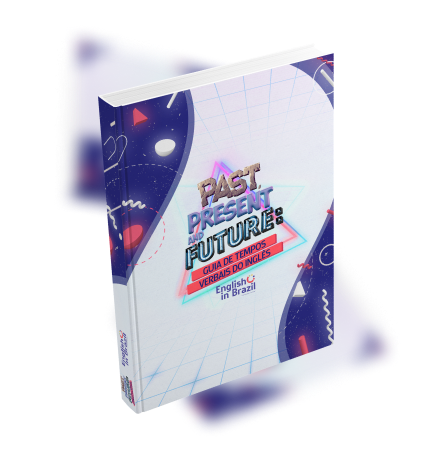(listen to the episode here: https://open.spotify.com/episode/1TTOMSIVVbZIfS9xFmtzOU?si=cR773CuSQ0OaUUULrHg68w )
Artificial Intelligence, or AI for short, refers to the development of computer systems that can perform tasks that typically require human-like intelligence, such as learning, reasoning, problem-solving, and decision-making. AI has been in development since the 1950s, and it has seen significant advancements in recent years due to the availability of vast amounts of data, faster computing power, and better algorithms.
The field of AI can be divided into several subfields, including machine learning, natural language processing, computer vision, robotics, and expert systems. Machine learning, in particular, has seen a lot of progress in recent years and is being used in various applications, such as image recognition, speech recognition, and natural language processing.
Today, AI is being used in various industries, including healthcare, finance, transportation, and retail. In healthcare, AI is being used to help diagnose diseases, develop personalized treatment plans, and analyze medical images. In finance, AI is being used for fraud detection, risk management, and investment analysis. In transportation, AI is being used for autonomous vehicles, traffic management, and route optimization. In retail, AI is being used for personalized product recommendations, inventory management, and supply chain optimization.
The projections for the upcoming years for AI are very promising. According to a report by Grand View Research, the global AI market size is expected to reach $733.7 billion by 2027, growing at a compound annual growth rate of 42.2% from 2020 to 2027. The use of AI is expected to increase in various industries, including healthcare, finance, transportation, and retail. Furthermore, AI is expected to transform the way we work and live, creating new job opportunities and improving the overall quality of life.
However, there are also concerns about the ethical and social implications of AI. For example, there are concerns about job displacement, privacy, bias, and accountability. It is important to ensure that AI is developed and used responsibly, with appropriate regulations and safeguards in place.
ChatGPT is a large language model developed by OpenAI, which is designed to simulate human-like conversations with users. It is part of a new generation of AI chatbots that are becoming increasingly popular in our society.
ChatGPT has become popular because it allows users to interact with an AI system in a natural way, using everyday language. This is a significant development because it means that people who are not familiar with programming or AI can use the technology without any technical knowledge.
One of the key ways that ChatGPT is popularizing AI in our society is by making it more accessible. Through its user-friendly interface, ChatGPT is helping to demystify AI and show people that it can be used in everyday situations. This, in turn, is helping to reduce the fear and apprehension that some people may have about the technology.
Another way that ChatGPT is popularizing AI is by providing a platform for developers and researchers to improve the technology. Because it is an open-source project, anyone can access the code and contribute to its development. This has led to a community of developers and researchers who are working together to improve the technology and make it more useful for society.
Furthermore, ChatGPT is also helping to advance research in the field of AI. By collecting data on user interactions, researchers can use the information to improve the accuracy and responsiveness of the AI system. This, in turn, can lead to more sophisticated AI systems that are better able to understand and respond to user needs.
It is a great example of how AI is becoming more accessible and popular in our society. By providing a user-friendly interface, promoting open-source development, and advancing research in the field, ChatGPT is helping to make AI a useful and beneficial technology for everyone.
AI has come a long way since its inception in the 1950s, and it is now being used in various industries and applications. The projections for the upcoming years are very promising, but it is also important to consider the ethical and social implications of AI and ensure that it is developed and used responsibly.
(This whole text that I’ve just read was entirely created by ChatGPT.)
Scared? Don’t be! We’ll need to learn how to live with this reality eventually…







